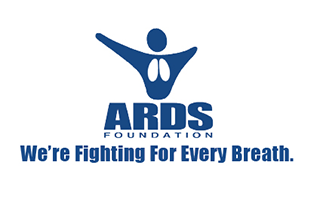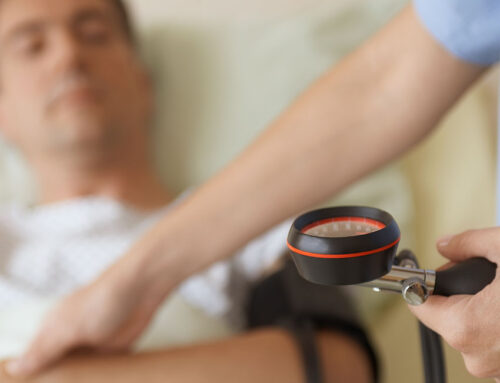What can be done to help patients in this condition who feel so helpless?
Question by ARDS Survivor Emily Z., December 1, 2020p
“After being in a medically induced coma for a month, I came out of it unable to communicate in any manner whatsoever. I had a tracheostomy which prevented me from speaking. I also was completely unable to move any muscles in my body; I could not even life a finger to try to press the call button to get a nurse, no matter how much I willed my body to move. I was completely dependent upon everyone around me for everything and even though I could hear and understand many things, I did not know how to best communicate with anyone and this terrified me. I was also worried that mistakes could be made if doctors or nurses did not understand when I was trying to convey an issue of concern.
Thank you, Emily
Doctor Response:
 Dear Emily,
Dear Emily,
Thank you for bringing up such a crucial component of critical care. Every intubated and trached patient has the right to effective communication and should be providing their best opportunity to communicate based on their physical and cognitive capacity. There are numerous tools and resources available which match patient communication needs across the continuum.
The challenge is how to 1) ensure that every provider experiences accountability to provide communication resources to their patients who are unable to speak, and 2) educate providers on how to optimize the environment and conditions to empower intubated and trached patients to participate in their care as opposed to sedating them. A vast number of researchers and patient advocates/champions have been trying to change the culture of critical care to automate the process of empowering communication for voiceless patients and shift their expectation of intubated and trached patients from “being unable to communicate because they are intubated” to “needing support and advocacy to ensure that they successfully communicate”. Four specific elements of performance are outlined in this MedScape article, The COVID ICU: Before You Sedate, Communicate: The Terror of Being Intubated With No Voice that would help transform care to adopt a more humanistic critical care culture.
The EZ Boards have been tested and validated in a number of different countries and are definitely a good starting place. For hospitals with bedside tablets, VidaTalk and the Spiritual Care Communication App provide an all-in-one language solution along with other novel communication features to empower patients who need a voice. Vidatak would be excited to partner with any facility and provide free consultation to help drive quality and outcomes improvement along with free access to their solutions evaluation.
My very best to you and all survivors like you.
Lance
Lance Patak, M.D., MBA
Assistant Professor
Department of Anesthesiology and Pain Medicine
Seattle Children’s Hospital
4800 Sand Point Way NE
Seattle, WA 98105
______________________________________________
ARDS Foundation invites those in the ARDS Community to ask general questions related to acute respiratory distress syndrome (ARDS), the complications that surround ARDS, as well as issues that occur as a result of Post Intensive Care Syndrome (PICS).
Each month a specialist will address issues of concern surrounding the question. Periodically, a specialist may recap current research related to ARDS.
_________________________________________________
Disclaimer: The Content is not intended to be a substitute for professional medical advice, diagnosis, or treatment. Always seek the advice of your physician or other qualified health provider with any questions you may have regarding a medical condition.







